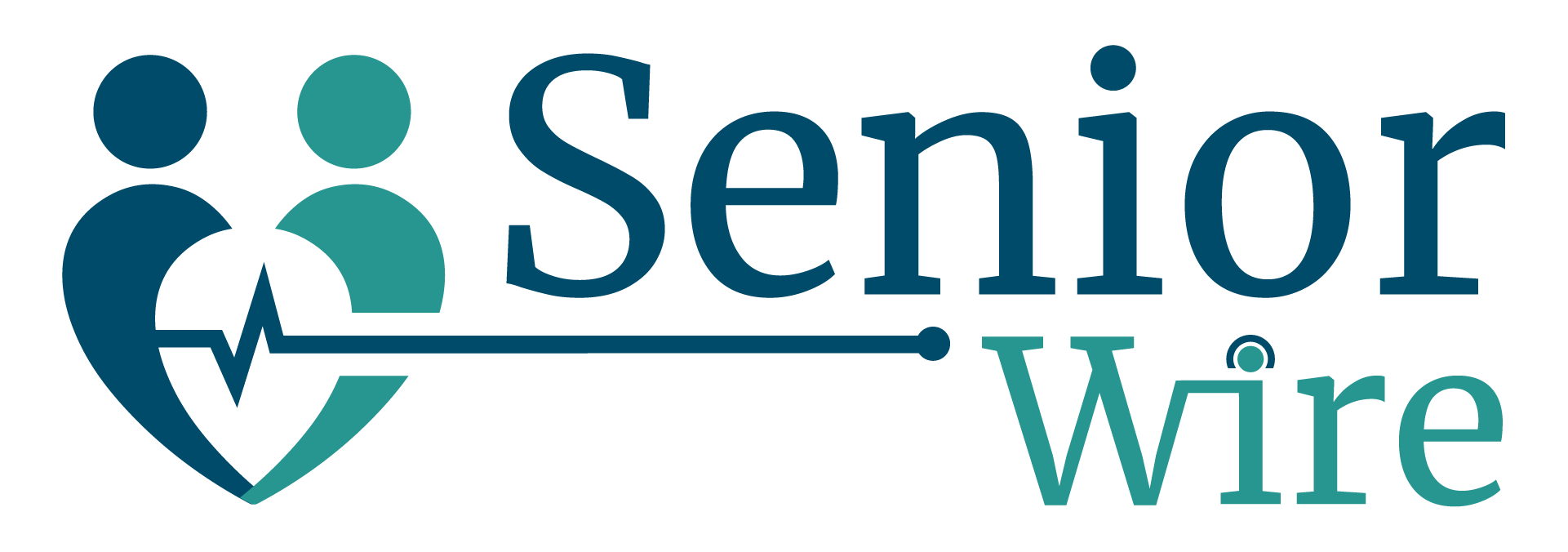Understanding Part B Excess Charges: What Medicare Covers
Navigating the intricacies of Medicare can be challenging, particularly when encountering unexpected expenses like Part B excess charges. These charges can surprise you if you’re unfamiliar with how they work.
Let’s break down Medicare Part B excess charges and how they may affect your healthcare costs.
Understanding Medicare Part B Excess Charges
When you have Original Medicare, you have choices when it comes to your healthcare providers. Some providers “accept Medicare assignment,” meaning they agree to accept the Medicare-approved amount as full payment for their services.
However, some providers do not accept Medicare assignment. This is when Medicare Part B excess charges might appear on your bill.
Think of it this way: Medicare sets a standard price, a “Medicare-approved amount,” for medical services. If a doctor doesn’t accept this amount, they can charge you an extra fee, up to 15% more than what Medicare approved. It’s essentially the difference between what Medicare pays and what the doctor wants.
RELATED: Understanding Medicare in 4 Easy Steps
Why Do Part B Excess Charges Exist?
You might wonder why this system even exists. It lets doctors and other medical providers negotiate payment beyond the standard Medicare rates. There are a few reasons why some providers opt for this.
Sometimes it’s about market forces and what providers feel their services are worth. For example, in-demand specialists might charge more because of their expertise. In other cases, it’s related to the overhead costs of running a practice. This is not true for all doctors, though.
Many doctors readily accept the standard Medicare rates. Only 1% of non-pediatric physicians have opted out of Medicare. However, it is important to note that most doctors who accept Medicare participate in Part B.
Do Part B Excess Charges Apply Everywhere?
Not all states allow Part B excess charges. Some states have consumer protection laws to shield you from this added expense. If you live in one of these states, then excess charges shouldn’t be an issue:
- Connecticut
- Massachusetts
- Minnesota
- New York
- Ohio
- Pennsylvania
- Rhode Island
- Vermont
However, checking whether this protection applies to all medical services is essential. For instance, in Connecticut, Medicare beneficiaries aren’t charged Part B excess charges, but this rule only applies to people enrolled in a specific program called the Qualified Medicare Beneficiary (QMB) level of the Medicare Savings Program.
Additionally, if you seek medical attention in a state that permits Medicare excess charges, the protection from your home state wouldn’t apply. This could come into play if you’re traveling and need medical attention outside your home state.
Protecting Yourself from Part B Excess Charges
How do you protect yourself and avoid surprises on your medical bills? One straightforward approach is simply to inquire. Before scheduling an appointment, ask if the provider accepts Medicare assignment. If they don’t, ask for an estimate of your costs. Knowing this information allows you to make informed choices about your healthcare providers.
Medicare Supplement plans, also known as Medigap, can cover excess charges. Private insurance companies offer these plans and help fill in the gaps in Original Medicare coverage. Researching and comparing different Medigap plans in your area is essential.
It’s also helpful to know what Medicare Part B covers. Part B insurance requires Medicare beneficiaries to pay a monthly premium of approximately $148.50. Part B helps cover various outpatient services such as doctor visits, preventive care, ambulance services, ER visits, durable medical equipment (DME), and more. To further protect yourself, consider purchasing a Medigap plan with Medicare Part B excess charge coverage.
Medigap and Part B Excess Charges: How It Works
Not all Medigap plans offer protection against excess charges, so it’s essential to choose carefully. Two particular plans, Medigap Plan F and Medigap Plan G, provide coverage for these charges.
However, Medigap plans are supplemental and work alongside your Original Medicare coverage. It’s important to note that not all healthcare providers accept Medicare, so it’s crucial to confirm your provider’s participation before seeking treatment. Understanding how Medicare assignment works can help you make more informed decisions regarding your healthcare and potential out-of-pocket costs.
While these Medigap plans won’t eliminate all out-of-pocket costs, they will help with the extra 15% a doctor can charge if they don’t accept assignment. It’s important to weigh the benefits of this added coverage against the plan’s overall cost.
Part B Excess Charges Explained: An Example
Suppose you go to a cardiologist for a consultation, and Medicare has determined that the standard, approved amount for this consultation is $200. The cardiologist doesn’t accept Medicare assignment and charges the maximum allowable excess charge.
Here’s how that might look:
- Medicare Approved Amount: $200
- Excess Charge: 15% of $200 = $30
- Total You Might Pay: $200 (Medicare’s Share) + $30 (Excess Charge) = $230
This is just an illustration to show how these charges could add up over time. This is especially important if you have ongoing medical needs that require visits to specialists who don’t accept Medicare assignment.
Because Medicare pays non-participating providers less than participating providers, the excess charge amounts to less than 115% of the normal Medicare-approved amount. However, this assumes that the cardiologist accepts Medicare at all.
You might visit a provider who has chosen to opt out. That’s another critical detail to remember and one reason to confirm whether the provider accepts Medicare assignment or has opted out altogether.
Do Medicare Advantage Plans Cover Part B Excess Charges?
Excess charges are unique to Original Medicare coverage and are not allowed in Medicare Advantage plans. Each Medicare Advantage plan has its schedule of copayments when patients use the plan’s provider network. The insurance company may charge you more with these plans if you use non-network providers. Other enrollment restrictions may apply.
Medicare Part D prescription drug plans do not have excess charges. However, they have strict limitations, and most plans have a deductible that resets each calendar year.
Conclusion
Dealing with Medicare Part B excess charges can be frustrating and confusing. By asking questions, checking your coverage, and comparing options carefully, you can make informed choices about your healthcare and avoid unwelcome surprises. You can explore Medicare plans at NerdWallet to help you choose a plan.
Remember, choosing a provider who accepts Medicare assignment can offer a simplified approach. However, understanding how the system works empowers you to choose the provider who best suits your needs.
FAQ: Understanding Part B Excess Charges
What are Medicare Part B excess charges?
Part B excess charges are additional fees that doctors and providers may charge if they do not accept Medicare’s approved amount as full payment. These charges can be up to 15% more than the Medicare-approved amount for services.
Do all doctors charge Part B excess charges?
No, only doctors who do not accept Medicare assignment can charge excess fees. Providers who accept assignment agree to accept the Medicare-approved amount as full payment, meaning they cannot charge more than what Medicare covers.
How can I avoid Part B excess charges?
To avoid excess charges, you can choose doctors who accept Medicare assignment. You can ask your provider in advance or use the Medicare.gov Physician Compare tool to find participating providers.
Does Medigap insurance cover Part B excess charges?
Yes, some Medigap plans, like Plan G and Plan F, cover Part B excess charges. If you have one of these plans, it will pay for these charges, protecting you from additional out-of-pocket costs.
Are Part B excess charges common?
While they are allowed, Part B excess charges are relatively uncommon. Many doctors and healthcare providers across the U.S. accept Medicare assignment and do not charge these additional fees.
What should I do if I receive a bill with Part B excess charges?
If you receive a bill with excess charges, review it carefully to ensure that it’s accurate. You can contact your provider to confirm their Medicare participation status or reach out to Medicare directly for assistance.
Are there any states where Part B excess charges are not allowed?
Yes, some states, including New York, Pennsylvania, Ohio, and Connecticut, have laws that prohibit doctors from charging Medicare Part B excess charges. In these states, you won’t have to worry about excess fees.
Should I worry about Medicare Part B excess charges?
For most people, Medicare Part B excess charges are not a major concern. Many doctors accept Medicare assignment, meaning they do not charge more than the Medicare-approved amount. However, if you live in a state that allows excess charges or frequently see specialists, verifying your provider’s Medicare status is a good idea. Additionally, purchasing a Medigap plan that covers excess charges, such as Plan F or Plan G, can offer extra protection and peace of mind.
What states allow Medicare Part B excess charges?
Most states allow Medicare Part B excess charges, meaning providers can bill up to 15% more than the Medicare-approved amount. However, some states have banned these charges entirely. States that prohibit Part B excess charges include:
- Connecticut
- Massachusetts
- Minnesota
- New York
- Ohio
- Pennsylvania
- Rhode Island
- Vermont
If you reside in one of these states, you won’t need to worry about excess charges from any Medicare provider in that state.

